Chinese AI App Raises National Security Questions in US

January 30, 2025
The emergence of a groundbreaking artificial intelligence (AI) application developed in China has become a focal point of concern for Washington, D.C. Analysts warn that the app could alter the global balance of power and pose risks to national security. With its remarkable capabilities, the AI tool promises to reshape various industries, from surveillance and communications to data analytics. However, experts fear its potential use in espionage, unauthorized data harvesting, and economic espionage.
As the app continues to gain traction worldwide, policymakers in the U.S. are left grappling with how to address its growing influence. Some advocates suggest that China’s AI advancements are not only pushing technological boundaries but also testing the limits of international norms and data protection laws. These concerns have already sparked discussions in Congress regarding the need for new regulations to ensure that foreign technologies do not undermine U.S. interests.
Moreover, the Chinese government’s known involvement in the country’s tech ecosystem has fueled skepticism about whether this app could be used as a tool for state-sponsored surveillance. Given the complex relationship between technology and geopolitics, Washington is now in a race against time to find a way to balance security, innovation, and economic growth while dealing with this new AI threat.
This situation has placed significant pressure on both U.S. lawmakers and corporate leaders to determine how they can safeguard sensitive information and remain competitive in the rapidly advancing global tech industry. With China investing heavily in AI research and development, Washington’s strategy will likely need to evolve rapidly to keep pace with the emerging threats and challenges posed by the country’s technological ambitions.
The implications of this new AI app extend beyond national borders, influencing the geopolitical landscape and prompting a reconsideration of tech diplomacy. As the global race for AI supremacy intensifies, Washington is increasingly aware that its stance on foreign AI technologies will shape its future technological and diplomatic relationships

Chinese AI App Raises National Security Questions in US
A new powerful AI app developed in China is causing concerns in Washington due to its potential impact on national security, data privacy, and economic competition. US officials are closely monitoring its development

Trump's Energy Promise Key to Stargate Project's Future
Former President Trump's energy pledge is seen as crucial to the success of the Stargate Project, with significant implications for the future of space exploration and energy independence
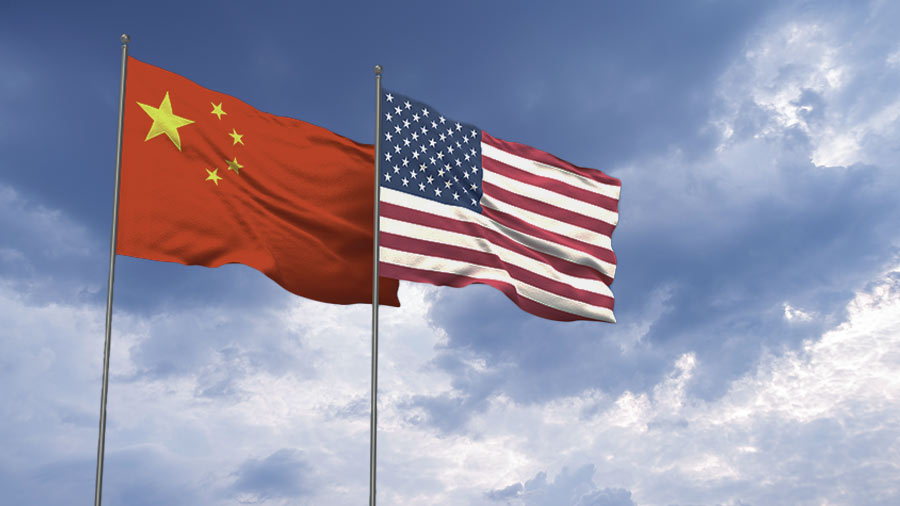
Understanding the Impact of the US Investment Ban on China
The US investment ban on China is now in effect, marking a significant shift in economic relations between the two nations. Here's what it means for investors and businesses
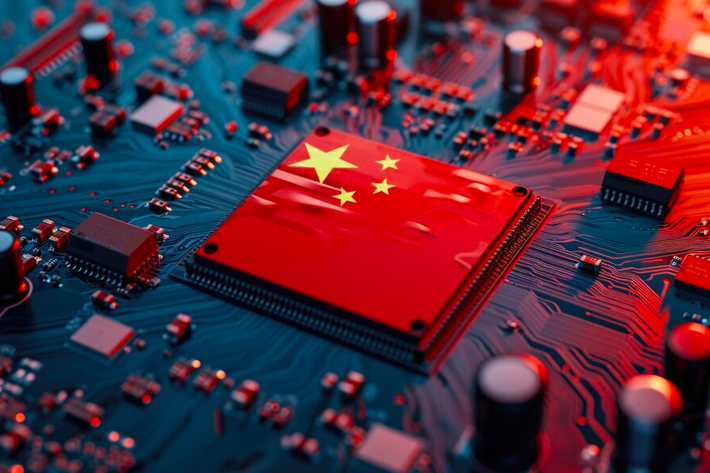
US Finalizes Restrictions on AI Investments in China
The US has finalized new regulations to restrict AI investments in China and impose further restrictions on technology and defense sectors, escalating tensions between the two nations

Stargate AI Plan: Tech Giants Unveil $500bn Investment
Major tech giants have unveiled the Stargate AI project, a groundbreaking initiative that could be worth up to $500 billion. The ambitious plan aims to reshape the future of AI
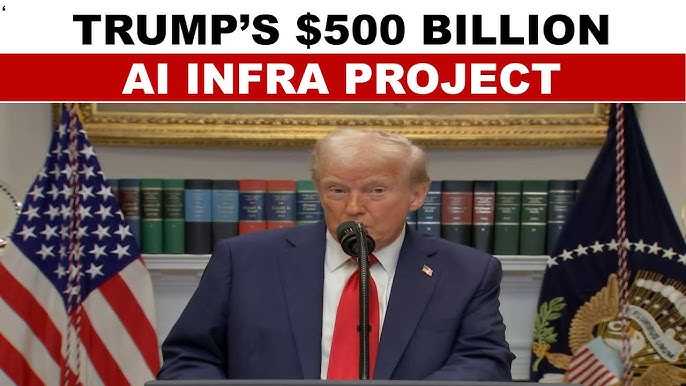
Trump Unveils $500bn Investment in Stargate AI Initiative
Donald Trump has pledged up to $500 billion in funding for the Stargate AI project, a groundbreaking initiative aimed at revolutionizing AI and energy technologies for future space missions
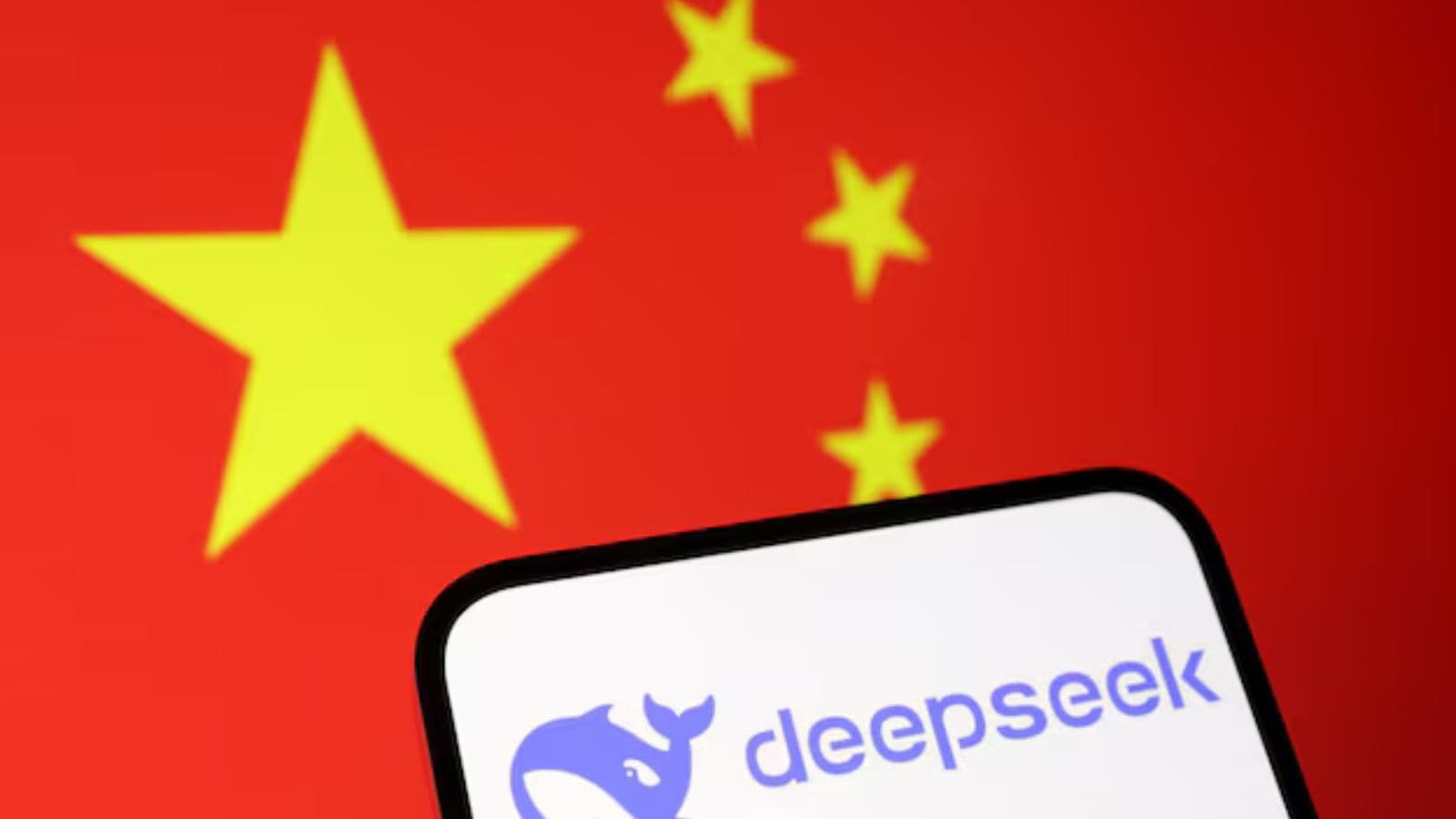
DeepSeek AI Challenges U.S. Tech Dominance, Trump Responds
DeepSeek, a Chinese AI model, has disrupted the U.S. tech landscape, raising national security concerns and challenging Trump’s vision for America’s technological leadership

DeepSeek's Rise: A Game Changer in the U.S.-China Tech Race
DeepSeek’s emergence as a powerful Chinese AI model raises the stakes in the U.S.-China tech rivalry, signaling new challenges for U.S. dominance in AI innovation and national security
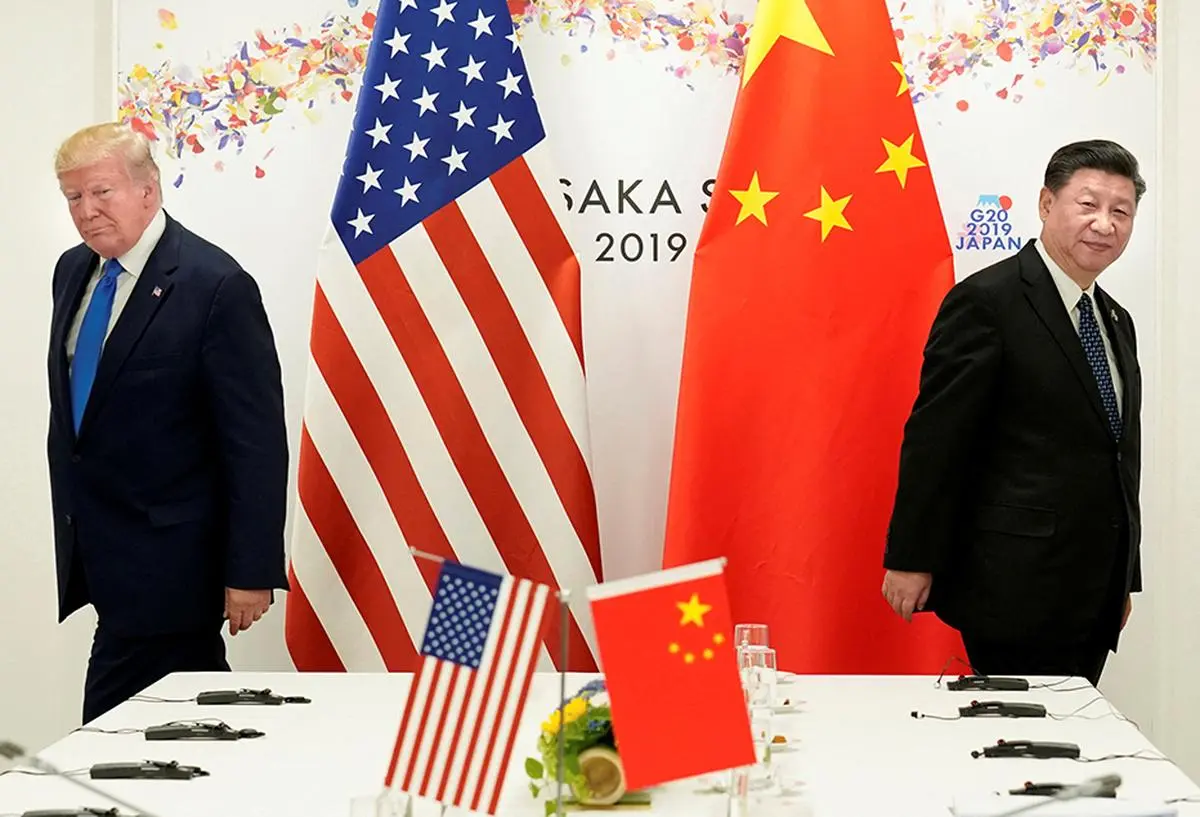
The $500 Billion Deal: A New Era in U.S.-China Tensions
A $500 billion deal marks the end of the U.S.-China bromance, as economic competition and strategic divergence take center stage, reshaping the global landscape
The Atlantic Daily
Get our guide to the day’s biggest news and ideas, delivered to your inbox every weekday and Sunday mornings. See more newsletters
.webp)
Ideas That Matter
Subscribe and support more than 160 years of independent journalism.
Subscribe